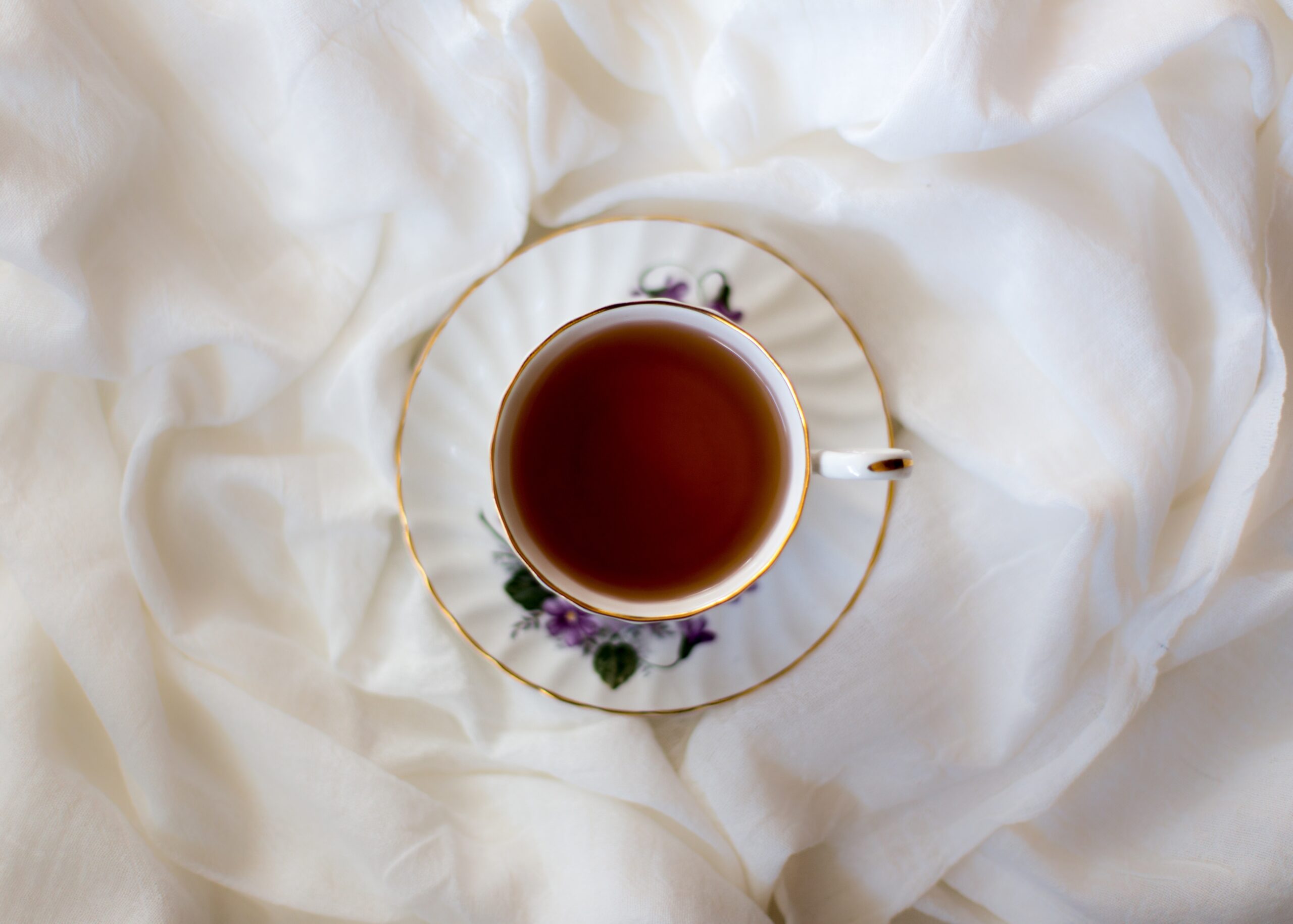
Loose Leaf Tea vs Tea Bags: What Is the Real Difference?
When choosing tea, one of the most common questions is whether loose leaf tea is better than tea bags. While

Fancy a cup of tea? Milk? One sugar… two? Tea has come to be one of the most quintessential parts of British culture and it is our polite nature to offer our peers a warming brew at any found moment.
Tea is without a doubt the most popular drink in the UK today, with over 100 million cups being consumed across the nation each day. We all have our preferred ways of drinking it – some more passionate than others – but we are undisputedly all united by our global identity as tea-drinkers. That’s one thing we all can agree upon! But where exactly did this affection begin and how did tea become the nation’s favourite drink?
The fascinating history of tea dates back to ancient China in 2732BC. According to legend, the Chinese emperor Shen Nung first discovered tea when leaves from a wild tree he was sat beneath fell into a pot as his servant was boiling drinking water. The fragrant leaves were from a Camellia sinensis tree or later the ‘tea plant’ which is native to China, Japan and Korea. Shen Nung, a curious herbalist, decided to try the infused water and so the tradition of drinking tea was born.
Tea increased in popularity in China in the 4th through to the 8th century and it became a drink to be enjoyed every day for refreshment. Until the mid-17th century all Chinese tea was green tea, but as foreign trade increased, Chinese growers discovered they could preserve tea leaves through fermentation, making them better for transportation. This resulted in the invention of black tea.
The Portuguese and Dutch first imported tea into Europe in 1610 but tea did not reach Britain until the 1650s when it was introduced by the East India Company from China. The initial imports were costly and heavily taxed meaning it was a luxury that only the royal family and wealthy aristocrats could afford.
Catharine of Braganza, wife of King Charles II, popularised tea when she came to the UK in 1662. Tea was already popular in Portugal and a chest of full of the stuff was sent over on a ship along with other luxury items provided by Portugal. As a result, the drink became increasingly popular with wealthy members of society. Just two years later, Britain placed their first tea order with the East India Company in 1664.
By the 18th century, the popularity and demand for tea had grown. Everybody wanted a cup of the stuff. Thankfully for Britain, the tea tax was cut from 119% to 12.5% by William Pitt the Younger when he became Prime Minister in 1783. This meant that tea could be enjoyed by all members of society, regardless of class. About time!
As tea-drinking became an important part of everyday life for all members of society, the first tea shop in London was opened in 1706 by Thomas Twining. The addition of milk and sugar then saw black tea become more popular than green tea which was not done in China. Adding milk took the bitter edge away and cooled delicate teacups to avoid cracking.
Today, tea is a refreshing drink that can be enjoyed at any time of the day, with both caffeinated and non-caffeinated tea blends available to indulge in. But another famed element of British culture is the tradition of afternoon tea.
It is believed that one of Queen Victoria’s ladies-in-waiting, the seventh Duchess of Bedford, Anna Maria Russell invented afternoon tea around 1840. She requested some tea, bread, butter and cake be brought to her room in the late afternoon to satisfy hunger until her evening meal. Women across Britain soon followed and afternoon tea became a custom of entertaining company at home.
Afternoon tea in the Victorian era would have looked rather similar to the custom you may receive today at a luxury hotel or traditional tearoom (except for the elaborate gowns maybe). Scones with cream and jam, dainty finger sandwiches, savoury tarts, cakes and of course – tea. Delicious!
Today we are spoilt with an enormous selection of delectably flavoured tea blends to choose from. Whether you prefer the authentic feel of loose-leaf tea or love the convenience of your favourite cupboard tea bag, there are endless ways to enjoy your cuppa at dawn, noon and night.
Penningtons Coffee Roasters and Tea Merchants offer an exquisite range of tea blends from ethical and sustainable farms from around the world.
Try our unique Penningtons tea range today.

When choosing tea, one of the most common questions is whether loose leaf tea is better than tea bags. While

Burns Night is a celebration of Scottish heritage, poetry, and bold flavours. While whisky often takes centre stage on 25th